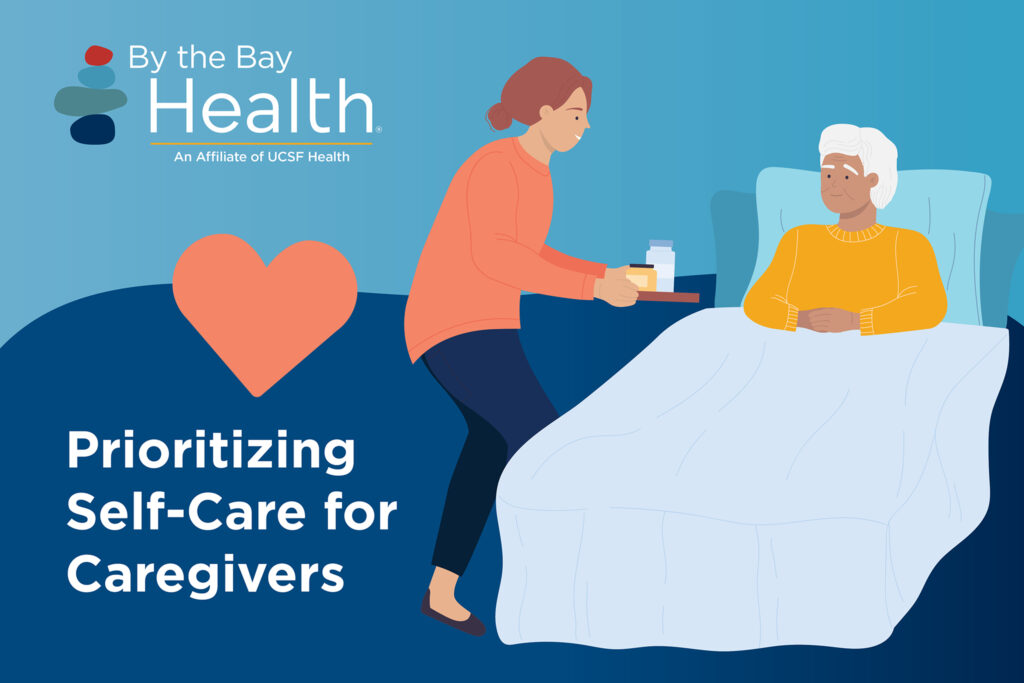 Being a caregiver is a selfless and noble undertaking. Whether you’re caring for an elderly parent, a family member with disabilities, or someone grappling with a chronic illness, your dedication is commendable. However, amidst the constant demands and responsibilities of caregiving, it’s imperative not to neglect your own well-being. This guide delves into the importance of self-care for caregivers and offers practical advice to ensure that you can continue to provide optimal care while safeguarding your own physical and emotional health.
Being a caregiver is a selfless and noble undertaking. Whether you’re caring for an elderly parent, a family member with disabilities, or someone grappling with a chronic illness, your dedication is commendable. However, amidst the constant demands and responsibilities of caregiving, it’s imperative not to neglect your own well-being. This guide delves into the importance of self-care for caregivers and offers practical advice to ensure that you can continue to provide optimal care while safeguarding your own physical and emotional health.
Recognizing the Imperative of Self-Care
Caregiving can be both physically and emotionally draining. It often entails long hours, intricate medical responsibilities, and significant emotional strain. Overlooking self-care can lead to caregiver burnout, a state of mental and physical exhaustion that impedes your ability to provide effective care. Prioritizing self-care is not selfish; it’s a necessity for both you and the person under your care.
Acknowledging Your Personal Needs
The first step towards self-care for caregivers is acknowledging your own needs. Understand that taking care of yourself isn’t a sign of weakness; it’s a fundamental requirement. If you’re overwhelmed, fatigued, or stressed, your capacity to provide the best care to your loved one diminishes.
Seeking Support and Assistance
You don’t have to navigate this journey alone. Reach out to friends, family, or caregiver support groups. Sharing your experiences and seeking assistance when required can alleviate the burden and provide emotional relief.
Setting Realistic Expectations
It’s crucial to establish realistic expectations for yourself. Caregivers often strive for perfection, but it’s vital to accept that you can’t do everything. Set achievable goals and prioritize tasks to prevent burnout.
Taking Regular Breaks
Respite care plays a pivotal role in the realm of self-care for caregivers. Schedule regular breaks to recharge. Even short interludes can make a substantial difference in your energy levels and overall well-being.
Maintaining Your Own Physical Health
Don’t neglect your personal health. Consistent check-ups, a well-balanced diet, and exercise are fundamental for your physical well-being. Remember, you can’t provide effective care if you’re not well yourself.
Stress Management
Caregiving often comes with stress. Discover stress management techniques that work best for you, such as meditation, deep breathing exercises, or engaging in enjoyable hobbies. Reducing stress is essential for sustaining your mental health.
Accepting Help
When friends or family offer to assist, accept their help graciously. Allow them to run errands, prepare meals, or take over caregiving responsibilities for a while. Seeking or accepting help is not a sign of weakness.
Allocating Time for Yourself
Don’t forget to engage in activities that bring you joy and relaxation. Whether it’s reading a book, taking a relaxing bath, or pursuing a hobby, setting aside time for yourself is a crucial aspect of self-care.
Professional Support
If you find yourself struggling with the emotional toll of caregiving, consider seeking professional help. Therapy or counseling can equip you with valuable tools for managing stress and preserving your mental well-being.
Maintaining Social Connections
Sustaining social connections is paramount. Isolation can lead to feelings of loneliness and depression. Make a concerted effort to stay connected with friends and loved ones to safeguard your emotional health.
Self-care for caregivers is not a luxury; it’s a necessity. Tending to your physical and emotional well-being empowers you to provide superior care to your loved one. Remember that it’s perfectly acceptable to prioritize your own needs and seek support when needed. By practicing self-care, you’ll be better equipped to navigate the challenges of caregiving with compassion and resilience. Your well-being is not just a concern; it’s a pivotal part of delivering the finest care possible.

